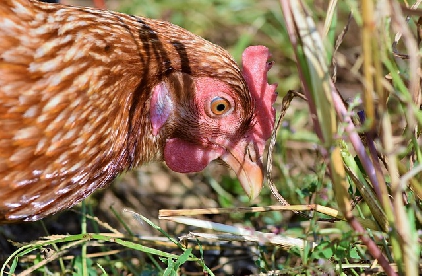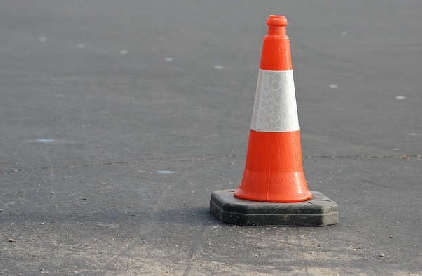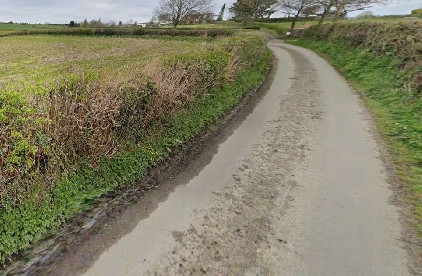
Herefordshire Council is supporting an outbreak of avian flu in North Herefordshire.
The council is working with the APHA, DEFRA and the UK Health Security Agency (UKHSA) West Midlands to respond to the incident on the Eastnor Castle Estate.
Immediate steps were taken by the APHA to limit the risk of the disease spreading. The council is working with the APHA and DEFRA to further limit the spread, with officers visiting properties in the surrounding area to inform and engage with residents who keep birds, to assess and report any risks that might exist.
An Avian Influenza Prevention Zone (AIPZ) in in place countrywide and it is now a legal requirement for all bird keepers to keep their birds indoors and to follow strict biosecurity measures.
The national Avian Influenza Prevention Zone means that it is a legal requirement that bird keepers across the country must:
· House or net all poultry and captive birds to keep them separate from wild birds
· Cleanse and disinfect clothing, footwear, equipment and vehicles before and after contact with poultry and captive birds – if practical, use disposable protective clothing
· Reduce the movement of people, vehicles or equipment to and from areas where poultry and captive birds are kept, to minimise contamination from manure, slurry and other products, and use effective vermin control
· Thoroughly cleanse and disinfect housing on a continuous basis
· Keep fresh disinfectant at the right concentration at all farm and poultry housing entry and exit points
· Minimise direct and indirect contact between poultry and captive birds and wild birds, including making sure all feed and water is not accessible to wild birds
Bird keepers should visit the gov.uk website for full details of the AIPZ and updated biosecurity guidance.
Do not touch or pick up any dead or sick birds that you find. If you find dead swans, geese or ducks or other dead wild birds, such as gulls or birds of prey, you should report them to the DEFRA helpline on: 03459 33 55 77
Keepers should report any suspicion of disease to Animal and Plant Health Agency on: 03000 200 301.


 New homes for old bus depot
New homes for old bus depot
 MP graduates from Armed Forces Parliamentary Scheme
MP graduates from Armed Forces Parliamentary Scheme
 Tom Grennan to perform at Ludlow Castle
Tom Grennan to perform at Ludlow Castle
 Revealed: The main roads in Herefordshire prioritised for repairs
Revealed: The main roads in Herefordshire prioritised for repairs
 Villagers fustrated over lack of road repairs
Villagers fustrated over lack of road repairs
 New Food and Drink group launched at online event
New Food and Drink group launched at online event
